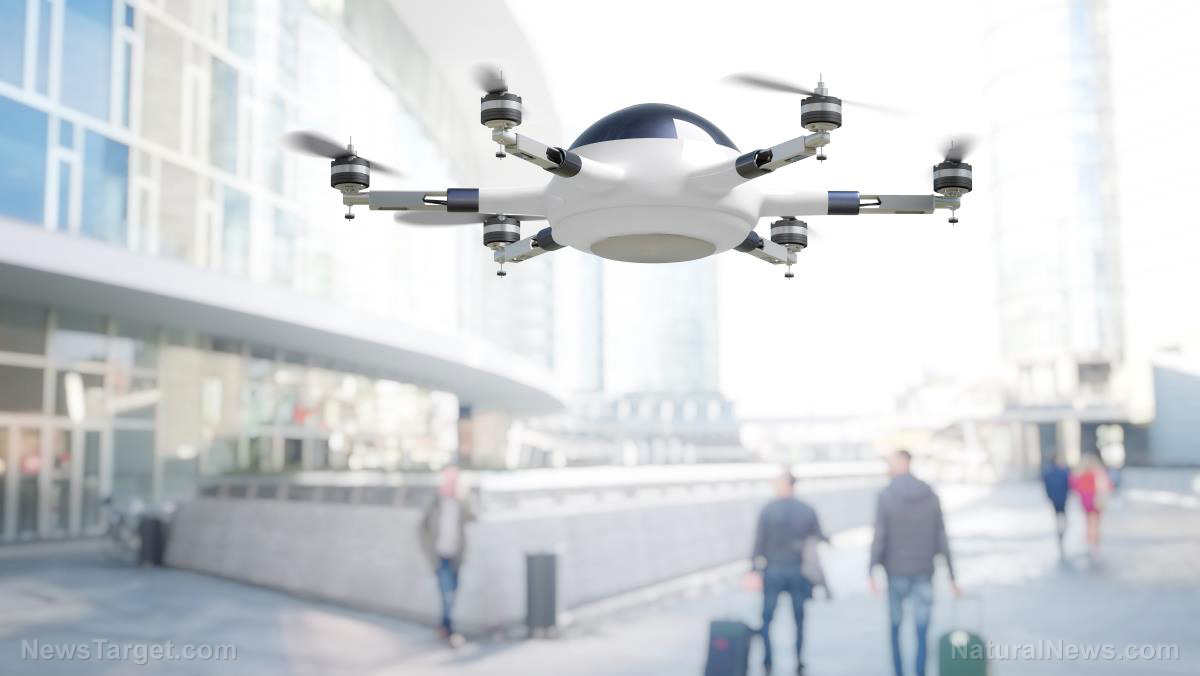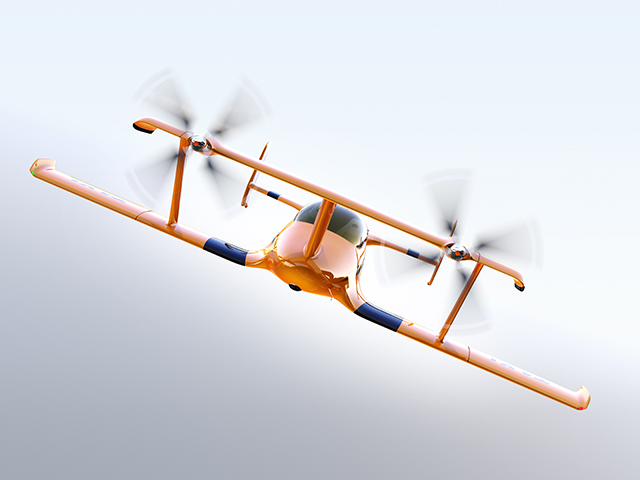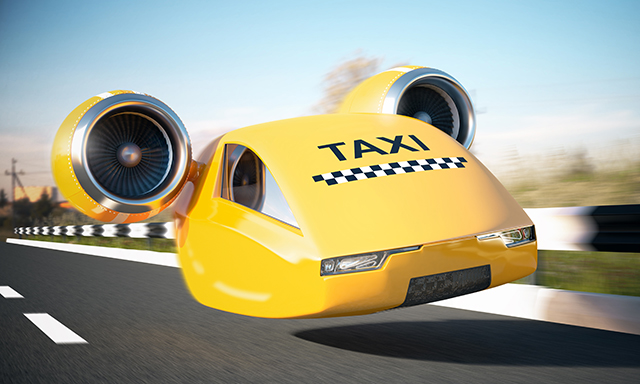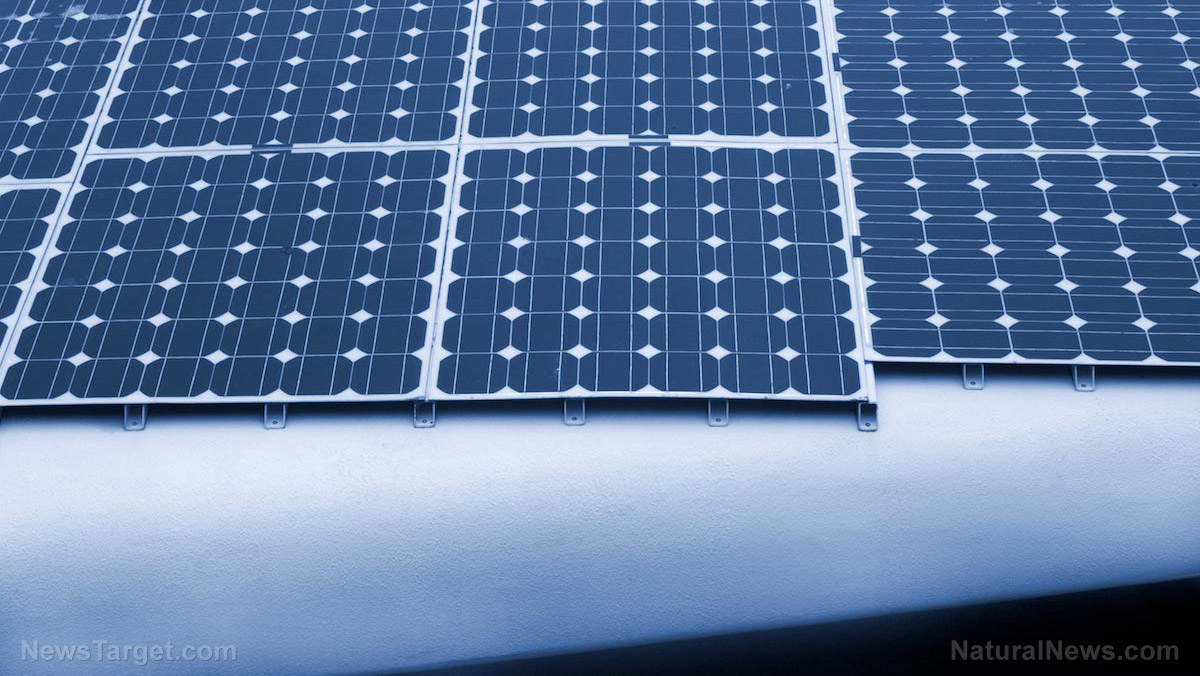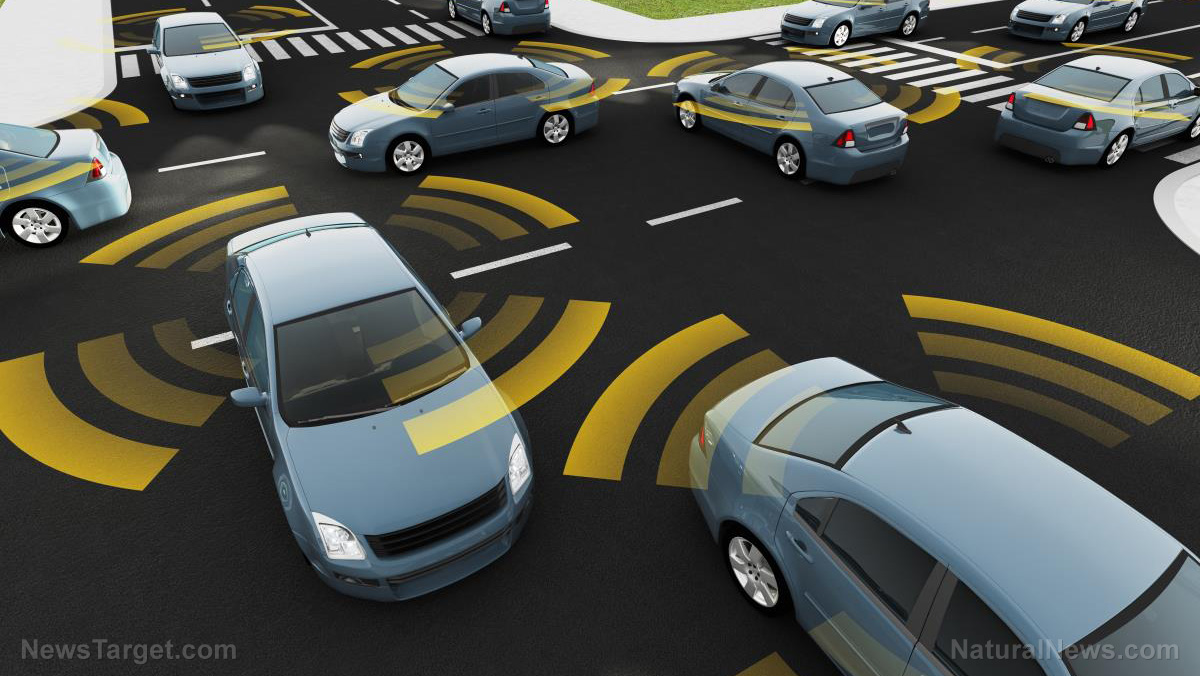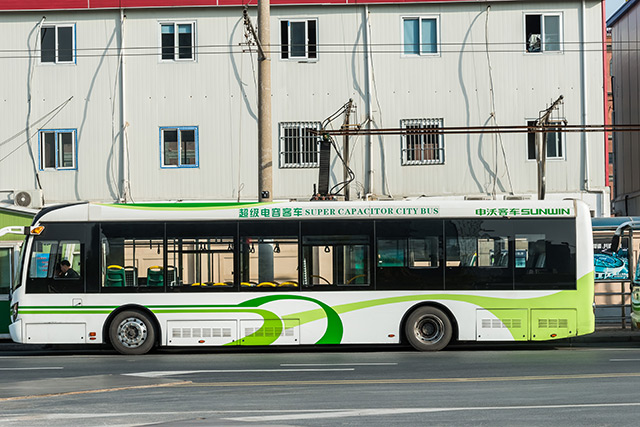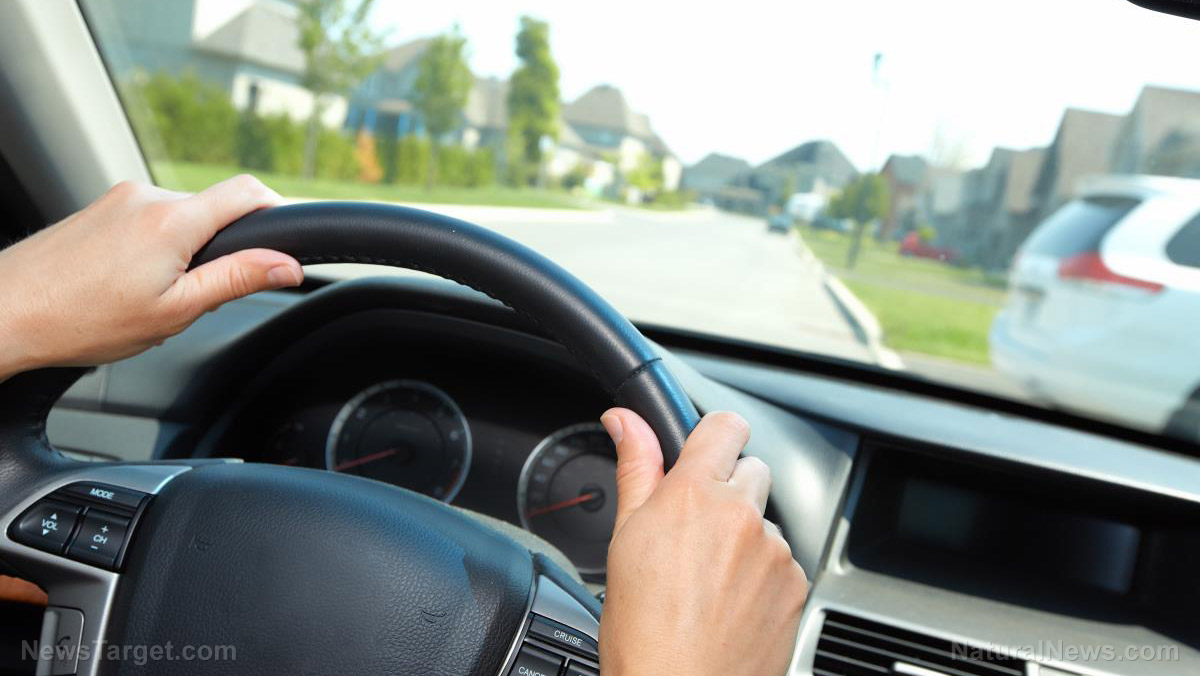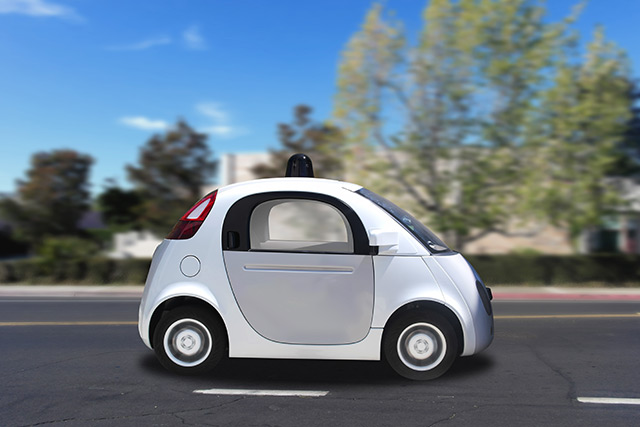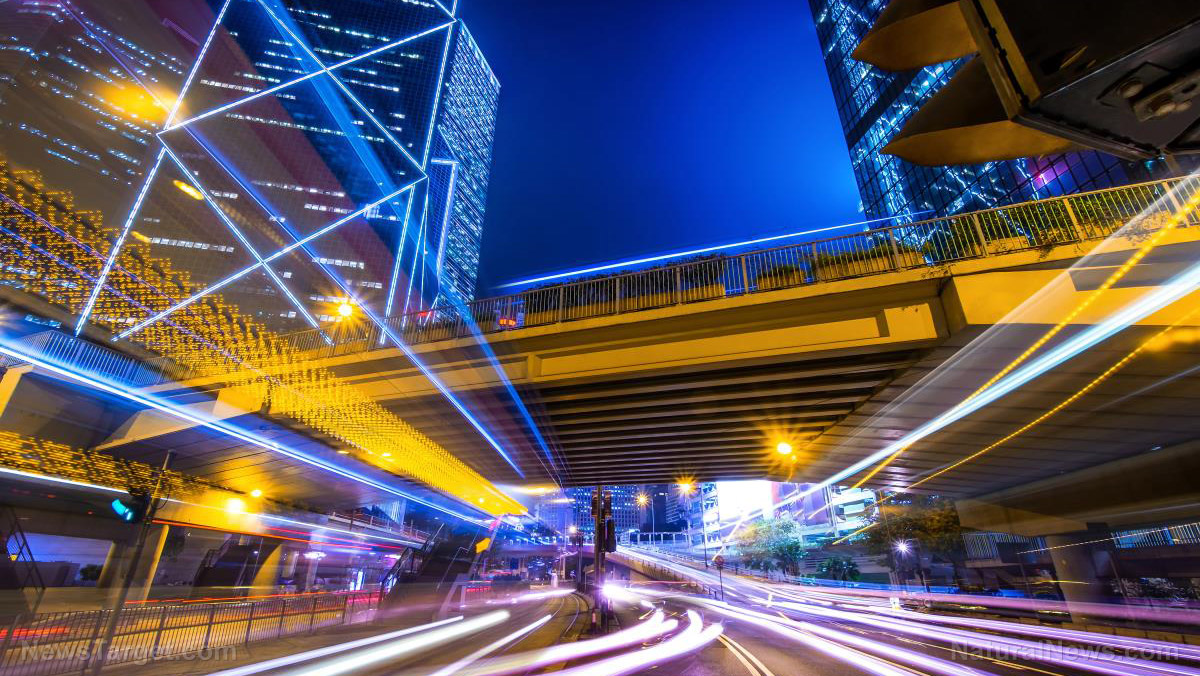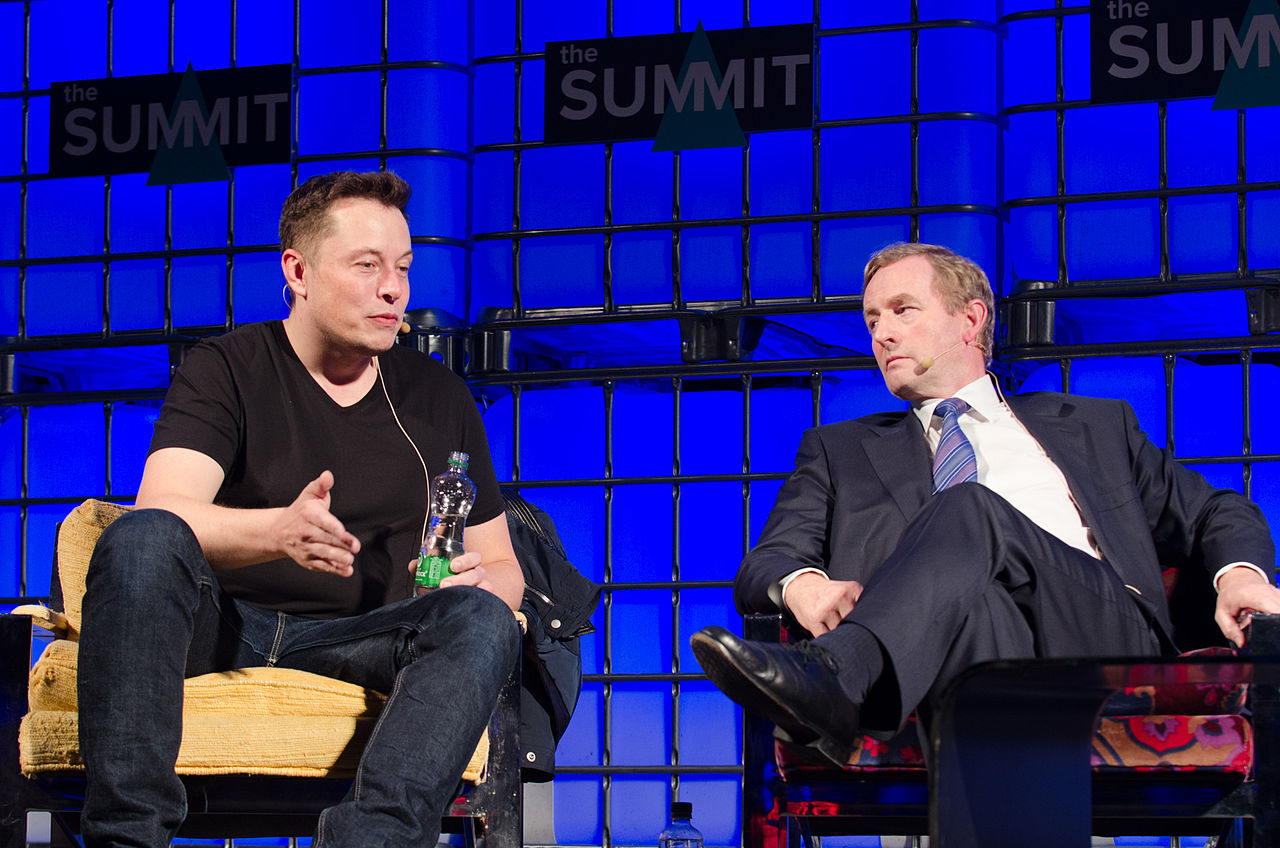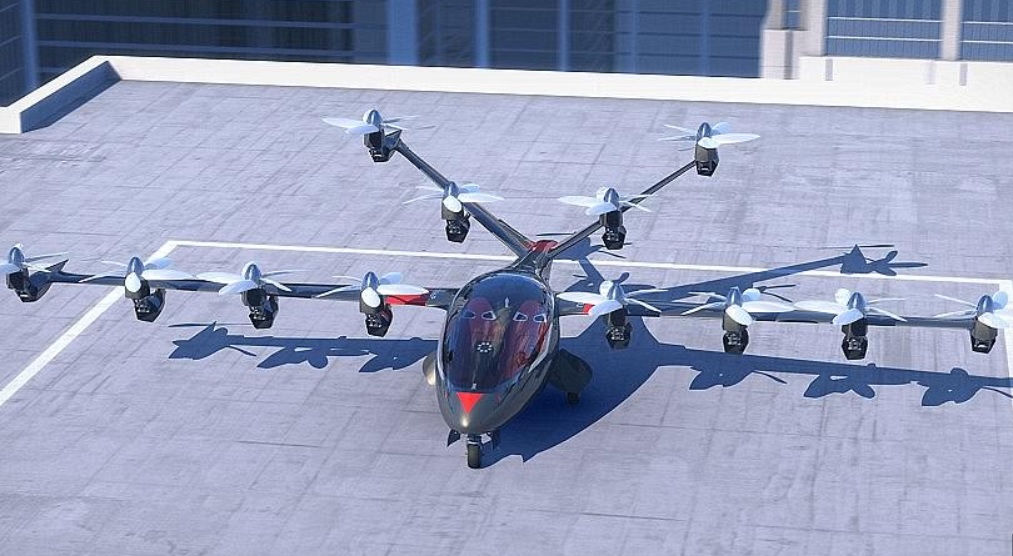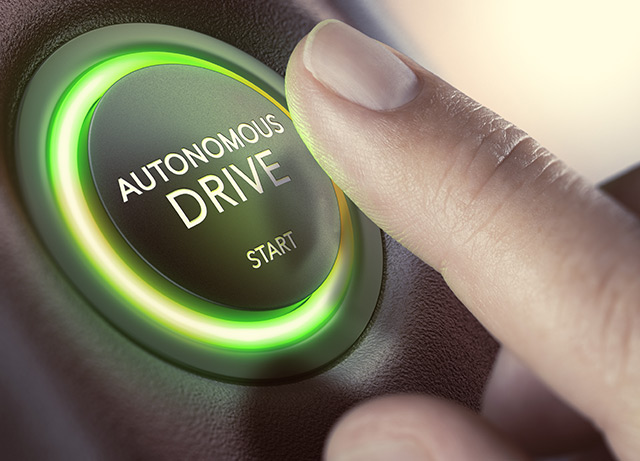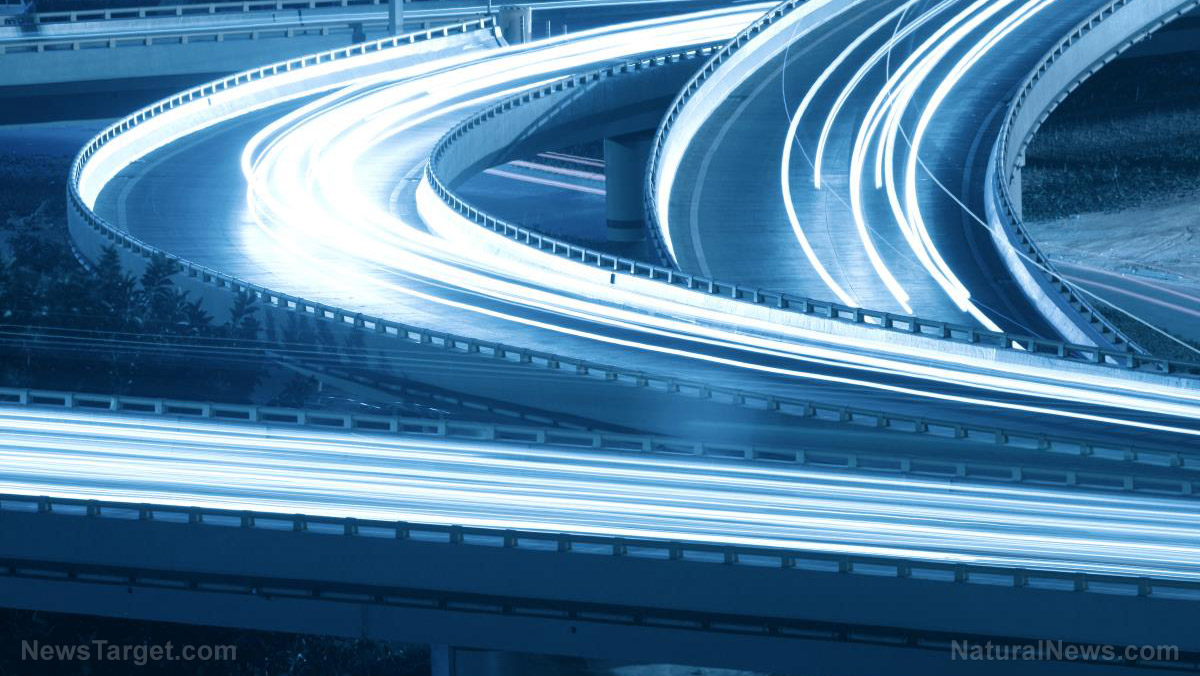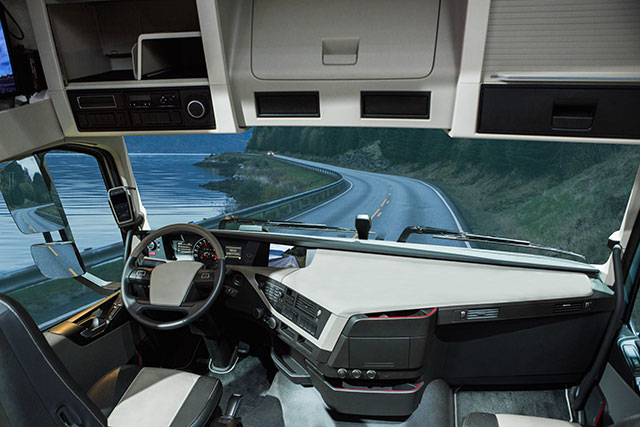Fatal flaw? A near-repeat of the Tesla crash proves that if the autopilot can’t “see” well enough, it gets “confused” – so drivers must “take responsibility”
06/09/2018 / By Edsel Cook
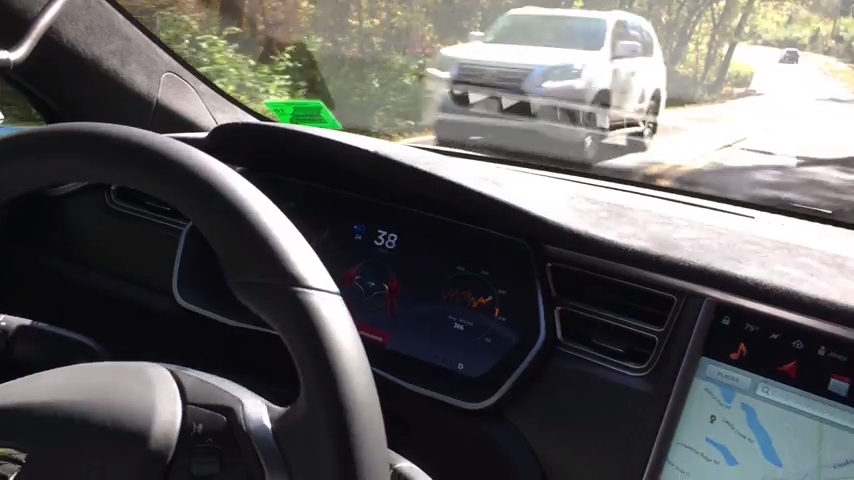
There is something deathly wrong with the autopilot feature of Tesla cars. The fatal crash at Mountain View, California in March 2018 nearly got itself a gory sequel when the self-driving car got confused by the faded white lanes, reported CBS San Francisco.
Indeed, a video of the near-accident shows the car’s self-driving system failing near the gore point at the Highway 101 and Highway 85 connector. It was the same location where a San Mateo resident lost his life when his Model X crashed into the median.
According to the luckier driver Shantanu Joshi, he had set his Tesla Model S on autopilot to see what it could do. As he took a video, the car began driving as if there was a drunk or dazed man at the wheel. (Related: Self-driving cars could easily turn into self-crashing cars that deliberately target and kill humans, expert warns.)
“I low key freaked out, but the car definitely starts swerving left without giving me any warnings, right into that divider,” Joshi recalled. His recording shows the Tesla turning left into a path that would carry it into the concrete gore point had not its startled driver taken the wheel.
Tesla autopilot can get “confused” when it can’t see properly
Taking a closer look at the road in the video reveals that sections of the left lane line are faded. According to Fred Barez of the San Jose State University (SJSU), the faded lines may have confused the Tesla’s autopilot into thinking the left side of the lane is the opposite side.
“The lanes are not marked clearly on the road, so the camera attached to the Tesla vehicle is having a difficult time,” he explains.
Tesla Motors CEO Elon Musk said much the same thing years ago. He told reporters that California needed to change its lane markings because they were confusing the autopilot feature of his cars.
Professor Barez teaches mechanical engineering at SJSU. He is overseeing his students’ efforts to build their own autonomous vehicle.
“Tesla believes in having eight cameras all around the vehicle and they monitor the presence of the lanes on the road,” the professor says, adding that faded lanes might have escaped the notice of the car’s cameras.
In his opinion, the Tesla remains a safe vehicle. But Barez also feels that the driver also has to take responsibility as well.
Tesla tells drivers to pay attention in case they needed to take responsibility
The Tesla Motors website recently posted an announcement saying it’s developed a set of improved ultrasonic sensors that can spot objects twice as far as the previous system. However, it also urges its customers to pay attention to the road and keep their hands on the steering wheel in case they have to take over from the autopilot.
Based on recovered logs, Tesla maintains that the driver involved in the fatal accident at Mountain View received ample warning of the impending crash.
“The driver had received several visual and one audible hands-on warning earlier in the drive and the driver’s hands were not detected on the wheel for six seconds prior to the collision. The driver had about five seconds and 150 meters of unobstructed view of the concrete divider with the crushed crash attenuator, but the vehicle logs show that no action was taken,” it stated.
Shantanu Joshi was quicker on the uptake. When he saw the lethal gore point straight ahead, he managed to grab the wheel and hit the brakes, avoiding a potentially lethal accident by seconds.
Find out what Elon Musk has in store for Tesla Motors by visiting ElonMuskWatch.com.
Sources include:
Tagged Under: autonomous cars, autonomous vehicles, autopilot, car accident, car crash, Driverless, Elon Musk, science and technology, self-driving car, Tesla Motors

